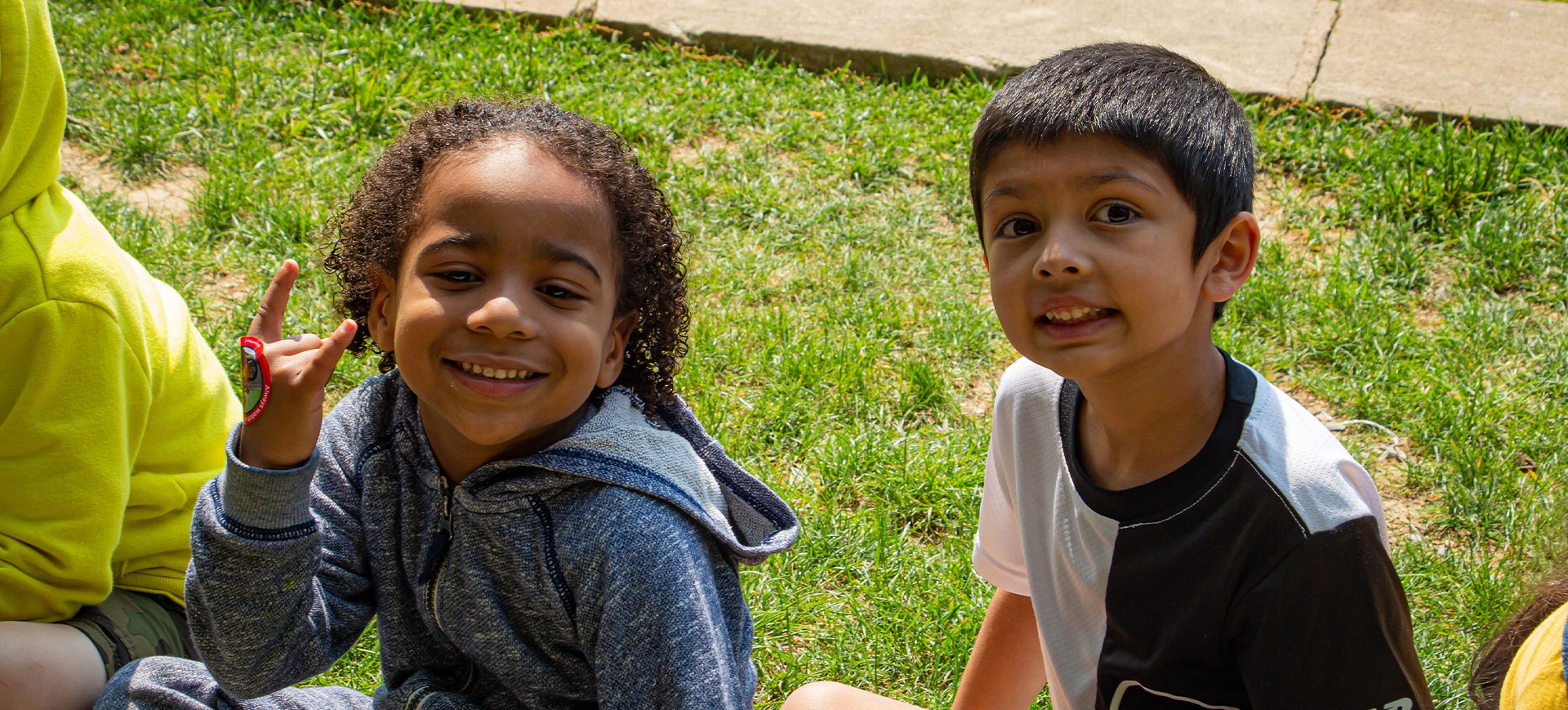

The extended day program is designed to provide extra care, supervision, and instruction to Campus Laboratory School (CLS) students from the end of school until 6:00pm, Monday through Friday. The program allows children to participate in outdoor play, organized games, art projects, and more. Older children will be allotted time to complete their homework, or to relax quietly with a good book.
The extended day program is offered each school day during the academic year and available to all students in preschool through grade eight. Children must be registered to attend.
The Campus Laboratory School Dyslexia Center & Learning Lab is designed to serve students of all ages with dyslexia and language-based learning differences. We use a multi-sensory, individualized approach based on diagnostic assessments and benchmark testing.
The Dyslexia Center provides in-class support, pull-out interventions, and after-school tutoring.
The Dyslexia Center provides workshops, seminars and training to families, community members, teachers and University students, including:
Our after-school academic intervention programs are designed to give students more personalized tutoring in subjects where additional instruction may be wanted or required. Participating students will attend one hour after-school sessions.
One of the many benefits of being situated in the heart of a 17-acre University is the opportunity to learn in outdoor spaces. Students enjoy being outside as much as possible, and various locations have become favorites for academic instruction, collaboration, and recreation:
CLS students learn to use technology seamlessly throughout their course of study. Through devices, students learn the basics of laptop use and keyboard/mouse skills. They use Gmail and Alma to communicate with teachers and classmates. The Learning Management System and School Information System (LMS/SIS) are used for more formal communications and curriculum, and students become acclimated to this specialized software.
Children learn to write and format academic papers using Google Docs, create presentations collaboratively using Canva and Google Slides, manage data through Google Forms and Sheets, and appropriately use Google Search for research in class.